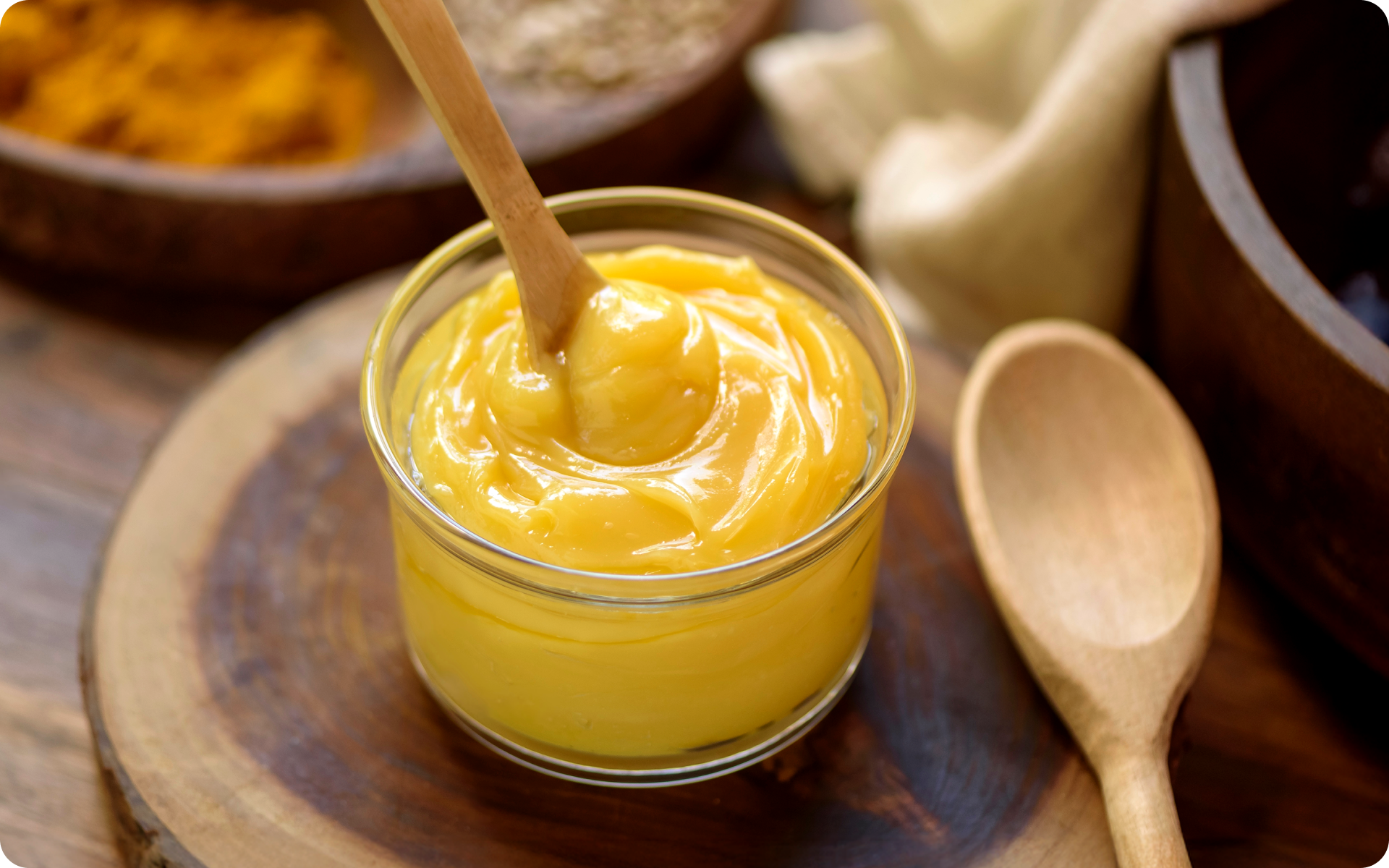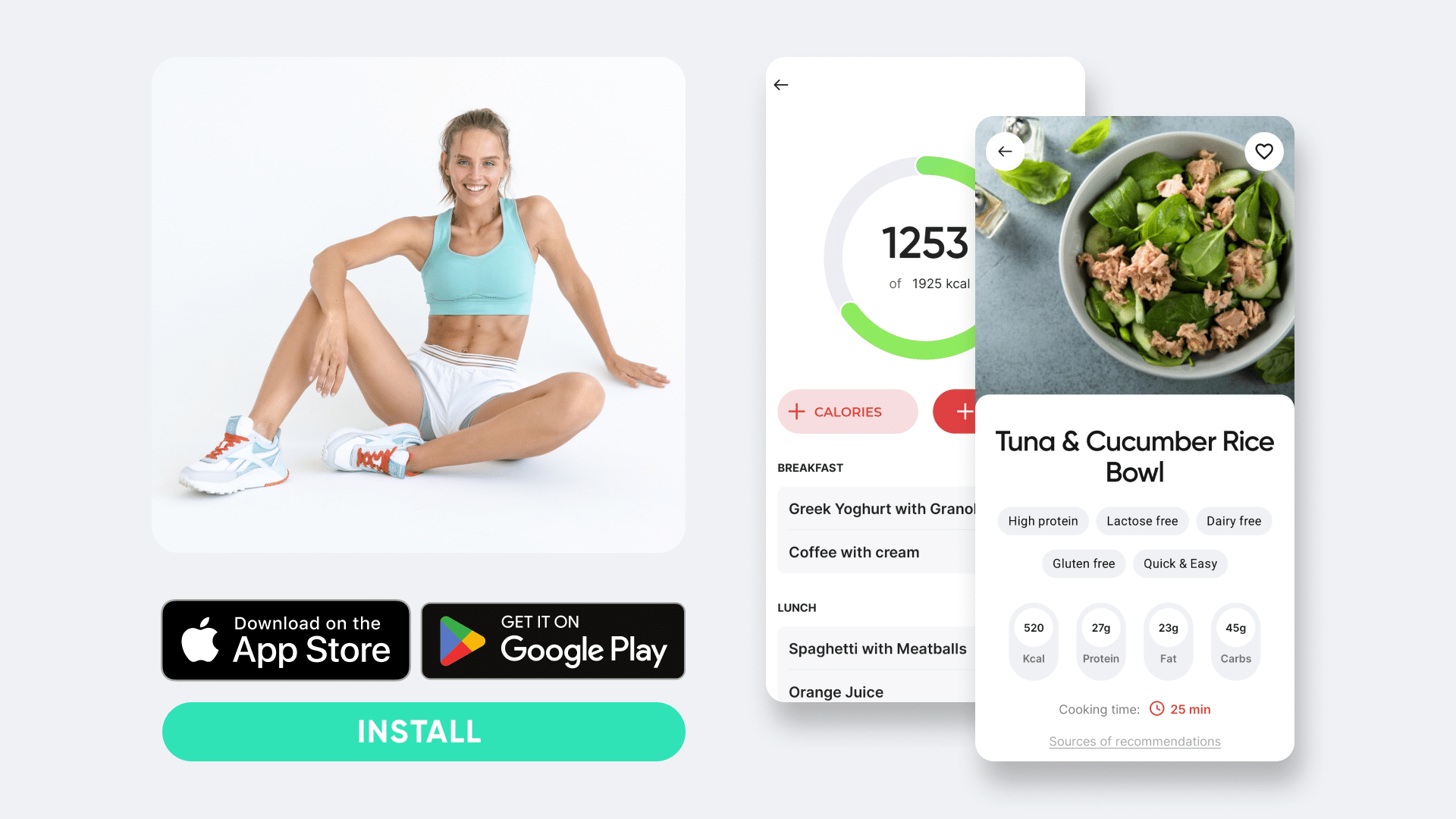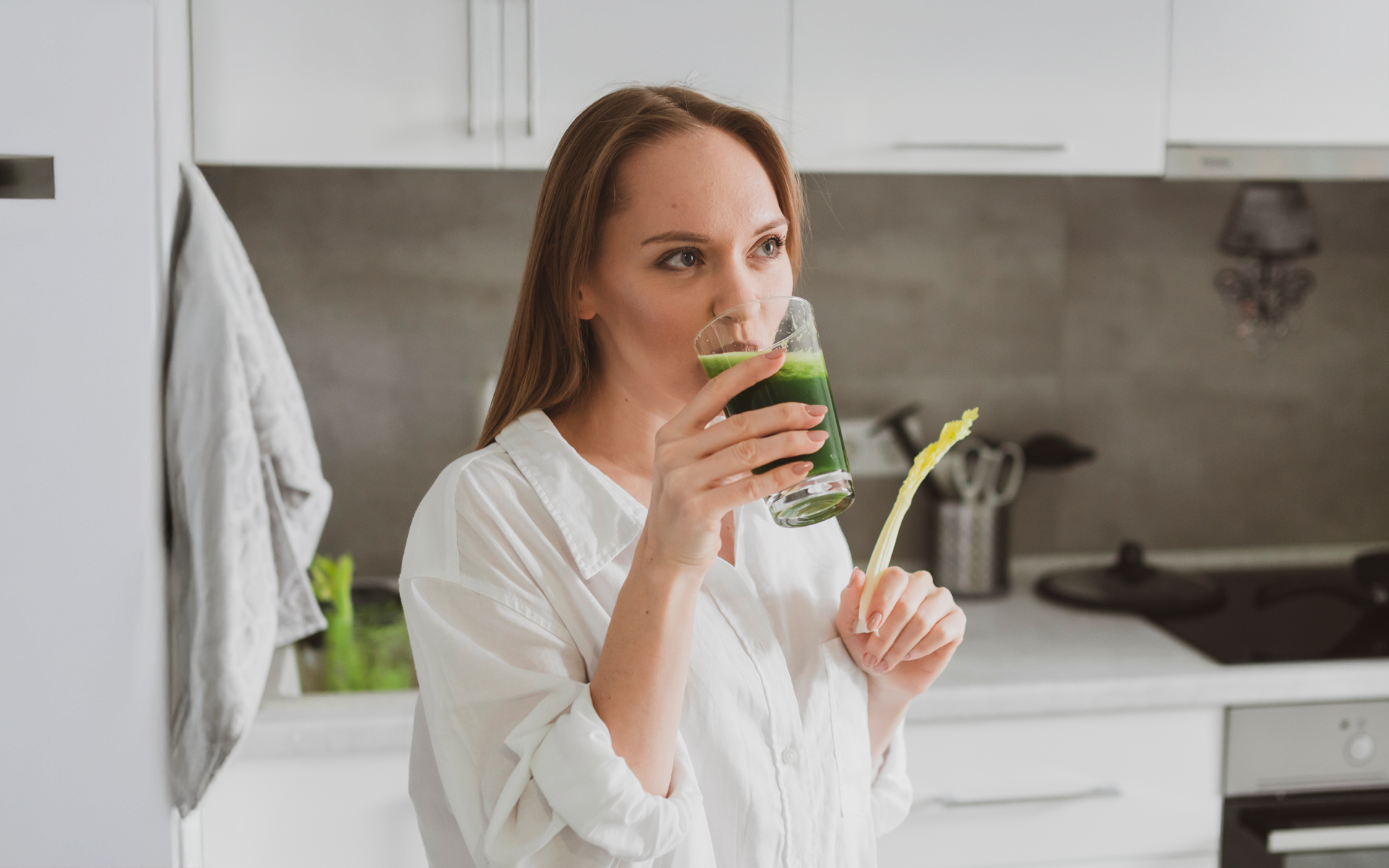Butter is a kitchen staple for many people. From spreading on toast to baking, this dairy product has a variety of uses. Unfortunately, butter is also high in saturated fat, which can raise cholesterol levels and increase the risk of heart disease (2).
While research on whether saturated fat is actually harmful is ongoing, some people may want to limit their intake of this type of fat.
People with heart disease, diabetes, or other chronic health conditions may need to be particularly careful about their saturated fat intake (2). For these people, a healthier option for butter is ideal.
Here’s a look at what fat-free butter is and why it may be a good choice for some people.
Is There Such a Thing as Fat-Free Butter?
The idea of fat-free butter seems paradoxical. How can something that’s made entirely of fat be devoid of it? Nevertheless, there are a few brands on the market that make fat-free butter. So, what is it and why would you want to use it?
Food scientists have developed a new type of butter product that contains no fat. The main ingredient in this new product is water. Water makes up approximately 80% of the product and the other 20% of the product is oil – this could be any type of oil, but it is usually some type of vegetable oil.
To stabilize the water and oil mixture, food scientists add natural ingredients such as beeswax. These ingredients help keep the butter from separating and make it spreadable, just like traditional butter.
This new product is said to have several benefits. One such benefit is that it contains little or no saturated fat. Saturated fat is a type of fat that can raise your LDL (bad) cholesterol levels – too much LDL cholesterol in your blood is a risk factor for heart disease (7).
Another benefit of using fat-free butter is that it may help you lose weight. This is because fat-free butter contains fewer calories than regular butter (6). One tablespoon of regular butter contains approximately 100 calories.
One tablespoon of fat-free butter has only 25 calories. This means that you can save 75 calories (75% of the calories) by using fat-free butter instead of regular butter.
BetterMe will keep you laser-focused on your weight loss journey! Nutrient-packed meal plans, fat-blasting workouts, galvanizing challenges and much more. Try using the app and see for yourself!
The Best Fat-Free Butter Substitutes
In addition to the brands that make fat-free butter, there are also some other good substitutes for regular butter. These substitutes can be used in the same way as regular butter and can also help you reduce your saturated fat intake.
Ghee
Ghee is a type of clarified butter. It’s made by simmering butter until all the water evaporates and only the milk solids and fat remain.
This process removes the lactose and casein from the butter, which makes it suitable for people with lactose intolerance. Ghee also contains butyrate acid, which has been shown to have anti-inflammatory effects (1).
However, ghee is still butter and still contains a high amount of saturated fat.
Plant-Based Butter
Plant-based butter is made from plant oils, such as coconut oil or olive oil. It has a similar texture and taste to regular butter, but it’s lower in saturated fat.
This type of butter also contains other healthy fats, such as monounsaturated fats and polyunsaturated fats (8). These types of fats may help lower LDL cholesterol levels and reduce the risk of heart disease.
Read more: Is The Japanese Towel Exercise an Effective Way to Burn Belly Fat?
Coconut Oil
Coconut oil is made from the flesh of coconuts. It’s a type of saturated fat, but it’s plant-based saturated fat. Some believe that it isn’t as harmful to your health as animal-based saturated fats.
Coconut oil has many health benefits. It can help support your immune system, improve your skin health, and increase your energy levels. Coconut oil may also help you lose weight. This is because it contains medium-chain triglycerides (MCTs) (3).
MCTs are a type of saturated fat that is metabolized differently by your body. They’re absorbed and used for energy more quickly than other types of fat. This is thought to mean that they are less likely to be stored as body fat.
Pumpkin Puree
Pumpkin puree is a type of pumpkin that has been cooked and mashed. It can be used as a substitute for butter in many recipes. It’s a good source of fiber and vitamins A and C and also contains carotenoids, which are antioxidants that can help protect your cells from damage (4).
Even though pumpkin puree contains calories, it’s much lower in calories than butter. It’s high in fiber and water content, both of which help you feel full. The fiber and water content combined can make you less likely to overeat if you use pumpkin puree instead of butter.
Margarine
One substitute for regular butter is margarine. Margarine is a type of spread that’s made from vegetable oils. It usually contains less saturated fat than butter. Margarine used to contain trans fats, but they are now almost fully banned in the United States and many other countries.
Whipped Butter
Whipped butter is made by whipping air into regular butter. This process makes the butter lighter, fluffier, and typically easier to spread. It generally contains 70 calories, 7 grams of fat, and 5 grams of saturated fat per tablespoon, which is far less than you’ll find in regular butter.
Although whipped butter is lower in calories and fat than regular butter, it’s still high in saturated fat. Therefore, it should only be used in small amounts.
Butter Sprays
Butter sprays are made by combining butter with water and emulsifiers. This process creates a fine mist that can be sprayed on food. Butter sprays are a convenient way to add butter flavor without adding extra fat or calories.
Most butter sprays contain very little fat and very few calories per serving. However, they may also contain propellants and other chemicals. So you should make sure to read the label before you buy a butter spray.
Looking for a way to break the vicious cycle of weight loss and tone up all the jiggly parts? Watch the extra pounds fly off and your muscles firm up with the BetterMe app!
FAQs
Does fat-free butter exist?
Fat-free butter exists, but it isn’t quite dairy butter as we know it. It may sound like an oxymoron, but it’s a reality. In recent years, a growing number of companies have been introducing fat-free versions of popular food items, including butter.
Fat-free butter is essentially a spreadable version of margarine. It contains no fat and is primarily made up of water, artificial flavors, and additives. Unlike traditional butter, which is made from cream and has a high percentage of milkfat, fat-free butter is usually made from vegetable oils.
The biggest difference between fat-free and regular butter is the fat content. Traditional butter contains approximately 80% milkfat, while fat-free butter contains no fat at all and is often made from plant sources. This means that the calorie count of fat-free butter is significantly lower than that of regular butter.
Another major difference is the taste. As fat contributes to the rich flavor of traditional butter, fat-free butter may taste bland in comparison. However, manufacturers have been working on improving the taste of their fat-free butter products by adding artificial flavors and other ingredients.
Some studies have suggested that the additives and artificial flavors that are used in fat-free butter may not be the healthiest option. While it’s lower in calories, it may also contain high levels of sodium and other preservatives. In addition, fat-free butter still contains some saturated fats that can contribute to high cholesterol levels.
Despite these concerns, many people opt for fat-free butter as a healthier alternative to regular butter. It can be great for those on a diet or who are trying to reduce their calorie intake. However, experts recommend moderate consumption and being mindful of the ingredients used in fat-free butter. By looking at it from a purely caloric intake perspective, fat-free butter will have significantly fewer calories. Out of 3 macronutrients, fat has the most calories per gram (9 calories per gram), compared to protein and carbohydrates (4 calories per gram).
The Bottom Line
Although fat-free butter is a lighter option than regular butter, it’s still high in calories. Therefore, it should be used in moderation. Butter substitutes can be used in place of regular butter to reduce the amount of fat and calories in your diet.
DISCLAIMER:
This article is intended for general informational purposes only and does not serve to address individual circumstances. It is not a substitute for professional advice or help and should not be relied on for making any kind of decision-making. Any action taken as a direct or indirect result of the information in this article is entirely at your own risk and is your sole responsibility.
BetterMe, its content staff, and its medical advisors accept no responsibility for inaccuracies, errors, misstatements, inconsistencies, or omissions and specifically disclaim any liability, loss or risk, personal, professional or otherwise, which may be incurred as a consequence, directly or indirectly, of the use and/or application of any content.
You should always seek the advice of your physician or other qualified health provider with any questions you may have regarding a medical condition or your specific situation. Never disregard professional medical advice or delay seeking it because of BetterMe content. If you suspect or think you may have a medical emergency, call your doctor.
SOURCES:
- Better Than Butter? Separating Ghee Fact From Fiction (2021,clevelandclinic.org)
- Consuming high amounts of saturated fats linked to increased heart disease risk (2016,harvard.edu)
- Coconut Oil (n,d,harvard.edu)
- Comparative study on nutrient contents in the different parts of indigenous and hybrid varieties of pumpkin (Cucurbita maxima Linn. (2019,harvard.edu)
- Facts about trans fats (2020,medlineplus.gov)
- Fat-Free Versus Regular Calorie Comparison (n,d,nih.gov)
- LDL: The “Bad” Cholesterol (n,d,medlineplus.gov)
- Plant based butters (2015,nih.gov)
- Extra Virgin Olive Oil: Lesson from Nutrigenomics (2019,nih.gov)
- Trans fats—sources, health risks and alternative approach – A review (2011,nih.gov)









